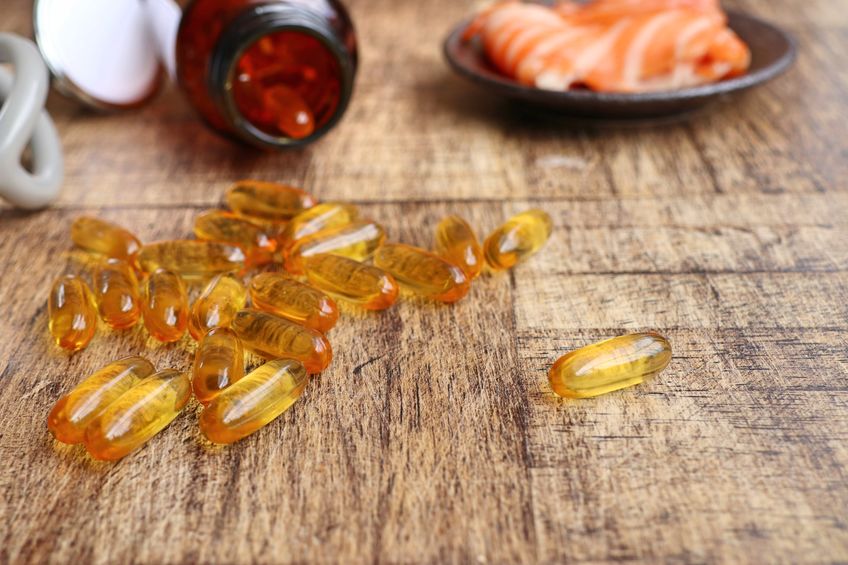Bergamot To The Rescue
Hypercholesterolemia, otherwise known as high cholesterol, raises the risk for heart disease, America’s leading cause of death. Since high cholesterol has no symptoms, many people are unaware of having the condition. A simple blood test can check cholesterol levels to start the treatment process. Although statins are a common medication, bergamot is showing promising results for treating cholesterol.

Inedible, but effective
The bergamot fruit, native to southern Italy, is a bitter citrus fruit often used to flavor foods such as earl grey tea or add scent to beauty products. While research is still growing, bergamot has been used as aromatherapy to relieve anxiety. More importantly, the powerful phytochemicals have been shown to improve cardiovascular health and reduce bad cholesterol.
Cholesterol at work
High levels of the bad cholesterol can cause artery blockages and slow down blood flow. When a coronary artery is blocked, for example, this can increase the chance of a heart attack. High-density lipoprotein (HDL) and low-density lipoprotein (LDL) levels are determined by genetics and lifestyle choices.
HDL and LDL explained
HDL carries cholesterol to cells and the liver for recycling or elimination. LDL, however, carries cholesterol around the body and unloads cholesterol in artery walls. Avoiding trans-fats, smoking, and sugar can improve cardiovascular health. Regular exercise, meditation, and an anti-inflammatory diet can also reduce bad cholesterol.
Bergamot can help, too
Recent studies have shown the effectiveness of bergamot extract against hypercholesterolemia. One study on 77 patients that took 1,000 mg of bergamot extract daily for a month showed that bergamot cut cholesterol and lowered statin dosages by half without reducing effectiveness. Bergamot has been known to contain antioxidant and anti-inflammatory properties. Other studies have shown that bergamot can lower LDL, triglyceride, and blood sugar levels.
How does bergamot work?
Despite the promising studies, researchers still need to uncover more about how bergamot works to improve hypercholesterolemia. Researchers believe bergamot’s flavonoids, responsible for the color of fruits and vegetables, contain antioxidant properties.
Reducing statin intake and side effects
Statins are the most common medications used to lower cholesterol, reduce plaque formation in arteries, and more. High dosages, however, can have significant side effects including fatigue, weakness, and muscle pain. Among the bergamot studies, however, heartburn was the only side effect experienced. Under medical supervision, complementary bergamot therapies may reduce statin’s side effects.
A nutraceutical approach
Many patients can’t handle the statin side effects or prefer to take a more natural route with treatment. Some bergamot-rich capsules can lower LDL levels without affecting coenzyme Q10 (CoQ10) levels, often associated with statins and muscle pain. In conjunction with statins, bergamot can support cardiovascular health and reduce hypercholesterolemia. Patients should consult with a physician or pharmacist to find out if bergamot supplementation will be helpful.
RECENT
ARTICLES



Our Patients Say
We pride ourselves on providing exceptional customer service to our community. Here are a few things that the community is saying about us.
Convenient and quality service. Ive never had my prescriptions filled quicker and the pharmacist took the time to tell me about what I was taking.
Excellent experience! Friendly, knowledgeable staff!
I have been a customer since they opened. Julie and Hiten have both treated me with the utmost respect and have always been ready to take care if my needs with a smile




